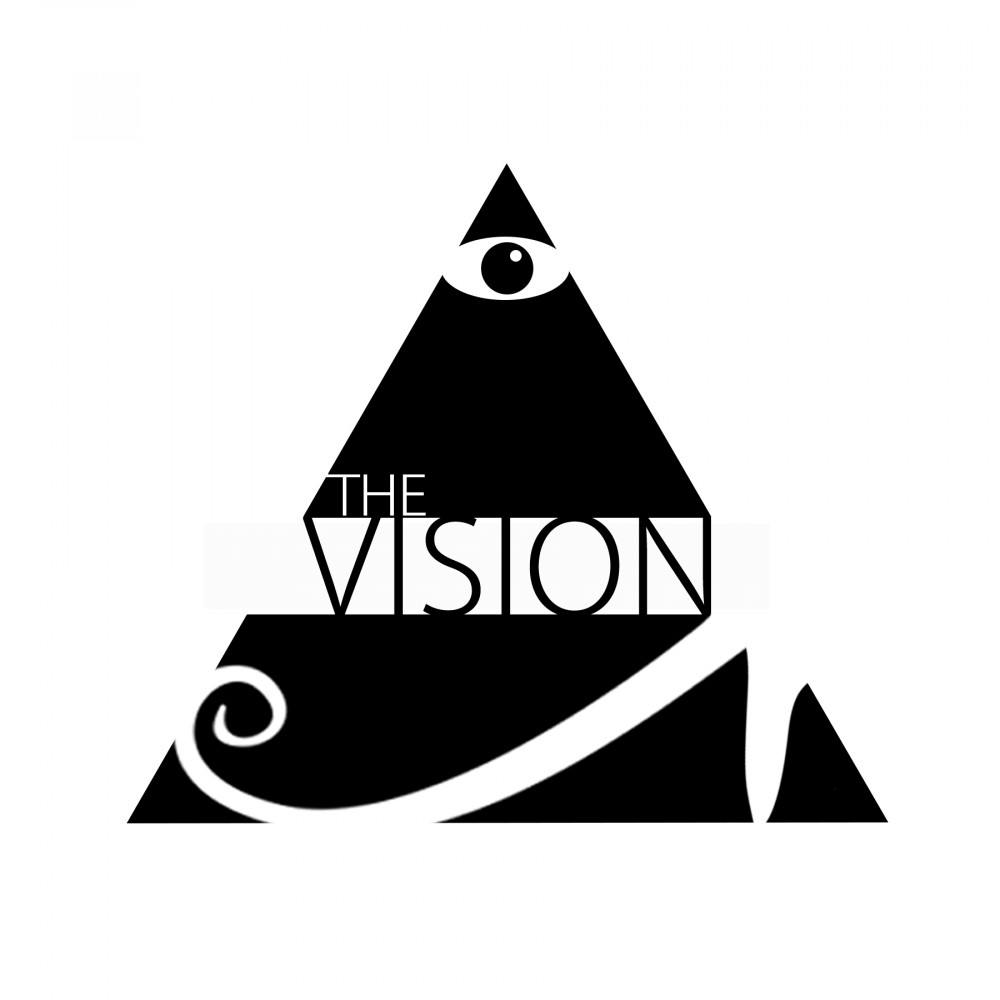In his senior year, Rasool Berry, co-founder of UMOJA, wrote a senior thesis entitled, “The Black Student Experience At Penn: What Every Black Student Should Know.” When writing his thesis, Berry examined the legacy and stories of several black leaders who have been key to founding some of the most impactful organizations in our community. He also pinpointed the advice and lessons from their stories that could be imparted into the new generation of black leadership. In reflecting on what black leadership meant to him, Berry wrote, “The process of struggle has gradually directed the students, especially student leaders, to redefine themselves in the racial context they have inherited, as well as shift their primary focus in life from self-centered to community-centered in many outstanding cases.”
Fast forward to today; when thinking about leadership in the black community, service and tradition come in a cycle, with the older generation willing to pull up the younger to achieve new heights. If you talk to many of the seniors in the black community now, their journey in leadership began with someone seeing the potential they had to become a great servant to their community and reaching out to expand upon that success.
For both of us, our path to leadership began in similar ways: Someone in our sophomore year examining our potential and telling us what we could achieve if we put our minds to it. Whether it was cultivated during a retreat for black leaders or after a meeting on student government, we both had an individual hone in on our undeveloped ability to become co-chairs of UMOJA and more importantly, catalysts of change for black students on campus. Without individuals encouraging us to run for the board, and without support and help from both students and faculty members, we wouldn’t have been able to accomplish even a percentage of what we have done on campus now.
It was in these very same moments that we also understood that our positions mean nothing if we are not enabling others to get to the same level. We realized that our positions are not just meant to fill a space; they are meant to empower and mentor members of the black community to the best of our ability. That has required us to embrace people from different backgrounds and truly examine the intrinsic ability that we all have to make a difference.
Developing this relationship is imperative to our common goals because without it we will continue to face the systemic problems that plague our community on a regular basis. Sometimes, it takes a person who has come before us and faced these issues in the past to warn us of the pitfalls, so that the next generation can achieve even bigger and better things.
It is also important to remember that the exact goals that we strive for may be shared by those who we least expect it from. That means incorporation of people who may not be considered members of the community. The conversation must change from how much one belongs to what a person is willing to devote to the community if given the chance. It is our job to practice inclusivity because without unity, we all fail.
When we fail to pass on initiatives, organizations of great historical importance or simply the lessons we’ve learned while navigating this space for four years, we fail to pass the torch to our contemporaries. This can lead to us as a community being stagnant or even losing the progress that was built on the backs of those who have given their blood, sweat and tears to ensure black students would have a space on campus. We cannot allow ourselves to drop the torch that we’ve been carrying without passing it on to the next generation.
At the end of the day, we were able to make an impact on campus because someone laid the foundation for us to do so. Whether African-American, Caribbean or African we are all a part of the diaspora. In order for the diaspora to succeed, it requires all of us to pass the torch and light the next flame that will burn after we leave Penn.
DENZEL CUMMINGS and RAY CLARK are a College senior and sophomore respectively. Their email addresses are denzelcu@sas.upenn.edu and rayclark95@gmail.com. “The Vision” is a column for unfiltered black voices at Penn that appears every Tuesday.
The Daily Pennsylvanian is an independent, student-run newspaper. Please consider making a donation to support the coverage that shapes the University. Your generosity ensures a future of strong journalism at Penn.
DonatePlease note All comments are eligible for publication in The Daily Pennsylvanian.






